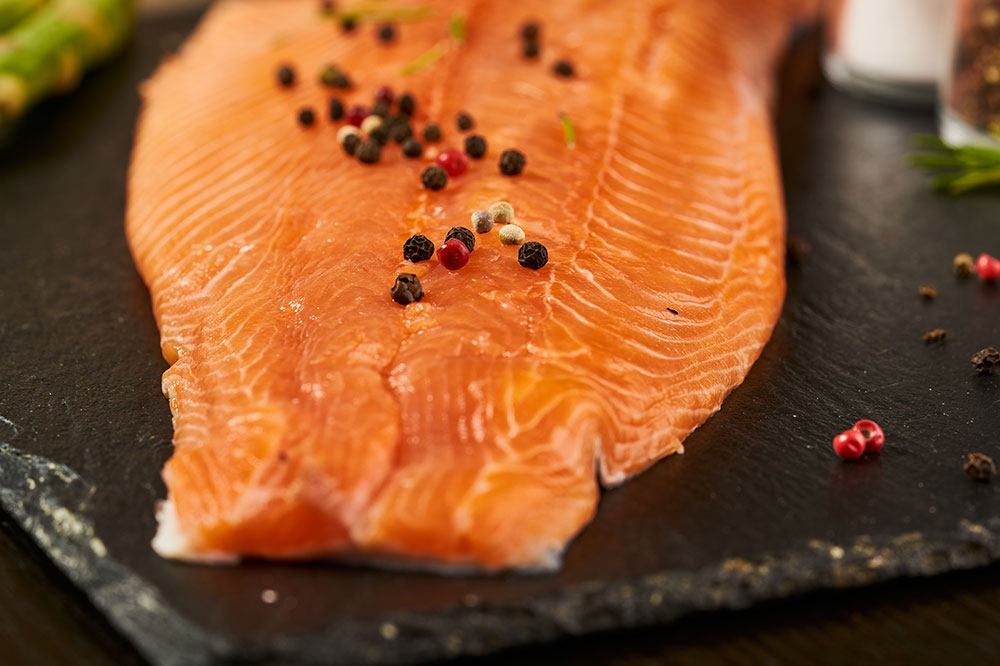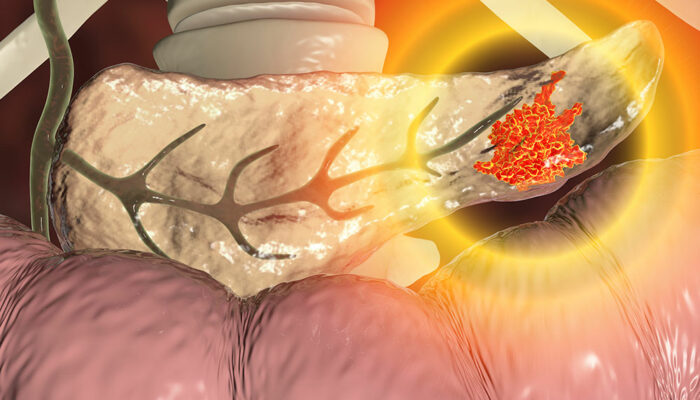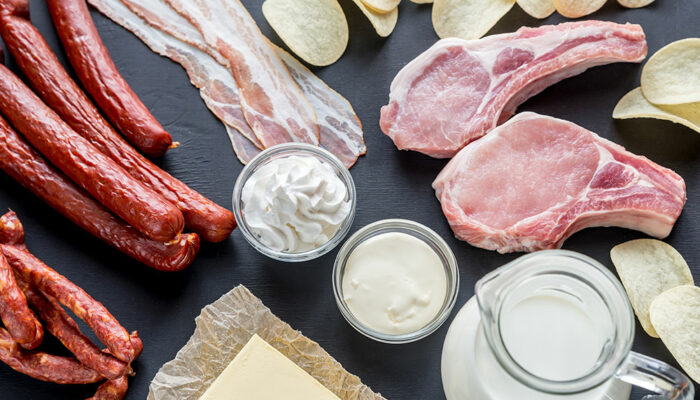
7 Foods That Help Manage Depression
Depression is a chronic condition wherein a person experiences a loss of interest in preferred activities, shifts in mood, and extreme sadness. Although there is no specific diet to ease depression, several nutrients do help in improving the condition naturally. Getting rid of processed foods and including more fruits and vegetables brings a positive change in the symptoms of depression. Accordingly, here is the diet plan to follow.
7 diet management tips to beat depression
1. Proteins
Foods rich in proteins contain a kind of acid called tryptophan that helps with serotonin production. This may help reduce certain symptoms of depression. One can get their daily protein intake from a variety of vegetarian and meat products, including chicken, eggs, beans, peas, and lentils.
2. Zinc
Zinc is an important element that is essential for several functions in the body. It helps improve the immune system functionality and supports the effects of antidepressants. Several doctors suggest a combination of zinc and antidepressant medicine treatment because of this property. Foods rich in zinc are oysters, beef, and beans.
3. Omega-3 fatty acids
Omega-3 fatty acids are beneficial to both the brain and the heart. Moreover, certain studies show that the lack of omega-3 fatty acids in the body may influence depressive moods. Consuming items such as mackerel, salmon, and nuts may improve the functionality of the brain, and thus, ease certain symptoms.
4. Selenium
Several researchers have found that low levels of selenium can trigger symptoms of depression. This is because it is an important element necessary for several body functions. One can get their selenium intake from certain foods such as lean meats, whole grains, nuts, and seeds. One must always consult a doctor before consuming selenium supplements because too much of the element is not good for the body.
5. Good carbs
The right carbs can impact the brain in a positive way. Foods containing healthy carbs include vegetables, fruits, legumes, and whole grains. Consuming these, plus items rich in fiber help facilitate the production of serotonin – a chemical that helps stabilize moods and bring a feeling of happiness. Avoid sugary foods or foods that contain simple carbs such as cakes and cookies.
6. Vitamin D
One may experience symptoms of depression more severely if they have a vitamin D deficiency. Therefore, consuming vitamin D-rich foods or basking in the morning sun may help reduce certain symptoms. Some foods that are rich in vitamin D are tofu, certain fish, and milk. One can also consume vitamin D supplements after consulting their physician.
7. Antioxidants
Antioxidants reduce the damage caused by aging cells and free radicals. Foods rich in beta carotene and vitamins C and E thus help one improve brain functionality. To help manage the symptoms of depression, one can consume foods such as broccoli, carrots, blueberries, potatoes, nuts, and seeds.
Depression is a serious mental condition. If one experiences any of its symptoms, they must seek help without delay. With appropriate measures such as a healthy diet, counseling, and medication, one can overcome the condition.



